Recent Blog Posts
How Does a Weapon Enhancement Affect Sentencing in Florida?
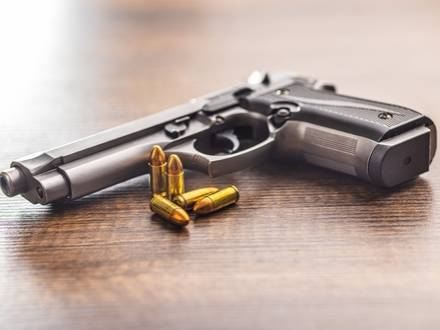 Weapon enhancements have a serious impact on sentencing in Florida. In most cases, it means far harsher penalties. Remember, you have the right to challenge any charges against you, and a Miami-Dade County, FL gun crimes defense lawyer can help. The burden of proof is high in criminal court. We can work together to fight the prosecution’s evidence and protect your rights.
Weapon enhancements have a serious impact on sentencing in Florida. In most cases, it means far harsher penalties. Remember, you have the right to challenge any charges against you, and a Miami-Dade County, FL gun crimes defense lawyer can help. The burden of proof is high in criminal court. We can work together to fight the prosecution’s evidence and protect your rights.
What Is a Weapon Enhancement in Criminal Law?
Florida Statutes § 775.087, often called the "10-20-Life" law, reclassifies felonies and increases penalties when a weapon or firearm is used or displayed during a crime. This is a weapon enhancement. Simply possessing a firearm while committing a crime can trigger a lengthy sentence. If the weapon is fired, the penalties increase even further. If someone is injured or killed, the consequences can include decades in prison or even life.
What Counts as Drug Paraphernalia Under Florida Law?
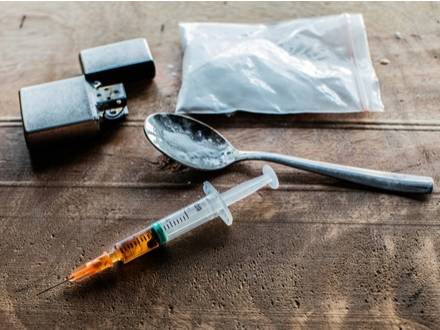 Florida’s drug laws cast a wide net, and even items that seem harmless at first glance can lead to paraphernalia charges. These charges may seem less serious than possession of controlled substances, but they can still carry heavy penalties that follow you for years. If you are facing possession of paraphernalia accusations, speaking with experienced Fort Lauderdale, FL drug charge defense lawyers is one of the most valuable steps you can take.
Florida’s drug laws cast a wide net, and even items that seem harmless at first glance can lead to paraphernalia charges. These charges may seem less serious than possession of controlled substances, but they can still carry heavy penalties that follow you for years. If you are facing possession of paraphernalia accusations, speaking with experienced Fort Lauderdale, FL drug charge defense lawyers is one of the most valuable steps you can take.
What Does Florida Law Say About Drug Paraphernalia?
Under Florida Statutes § 893.145, drug paraphernalia is defined as any equipment, product, or material used or intended for planting, growing, harvesting, manufacturing, storing, concealing, or consuming controlled substances. The list is broad. Examples of items that could be considered paraphernalia if linked to drug use include:
How Is a No-Contact Order From a Domestic Incident Removed in Florida?
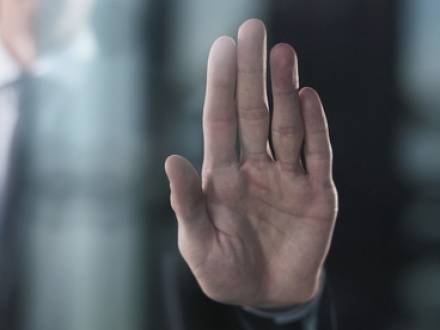 When a domestic incident leads to an arrest, Florida courts often add a no-contact condition to your release. As long as the order is in place, you must avoid the party it is meant to protect. If the alleged victim wants to restore communication, often for family, childcare, or counseling reasons, you have legal options, but the judge alone can change the order. Understanding the process, the risks of a violation, and the role a Miami, FL domestic violence defense attorney plays can help you move forward safely and lawfully.
When a domestic incident leads to an arrest, Florida courts often add a no-contact condition to your release. As long as the order is in place, you must avoid the party it is meant to protect. If the alleged victim wants to restore communication, often for family, childcare, or counseling reasons, you have legal options, but the judge alone can change the order. Understanding the process, the risks of a violation, and the role a Miami, FL domestic violence defense attorney plays can help you move forward safely and lawfully.
Getting Your No-Contact Order Removed When the Victim Wants It
No-contact conditions are common terms of pretrial release under Florida Statutes § 903.047. They usually ban in-person contact, calls, texts, social media messages, third-party relays, and approaching the victim’s home, school, or work. Even if the alleged victim is willing to communicate, any changes to this order must first be approved by the court.
What Are the Consequences of Refusing a Field Sobriety Test in Florida?
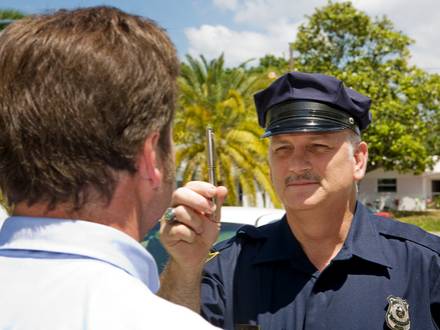 When a police officer pulls someone over on suspicion of drunk driving in Florida, they may ask the driver to take field sobriety tests. These tests are used to check coordination and balance, which can be affected by alcohol or drugs. However, not all drivers feel comfortable taking them.
When a police officer pulls someone over on suspicion of drunk driving in Florida, they may ask the driver to take field sobriety tests. These tests are used to check coordination and balance, which can be affected by alcohol or drugs. However, not all drivers feel comfortable taking them.
Refusing field sobriety testing does not mean you will not be arrested, but you still have the chance to fight any charges against you. If you are facing a DUI charge after refusing a field sobriety test, a Broward County, FL DUI defense attorney can help you understand your rights and challenge the allegations.
Can You Refuse Field Sobriety Tests in Florida?
You can legally refuse to take a field sobriety test in Florida. These tests are voluntary and not required by law. An officer may ask you to perform tasks such as walking in a straight line, standing on one leg, or following an object with your eyes. You have the right to say no, and there are no direct penalties like license suspension for refusing a field sobriety test alone.
Using Self-Defense To Challenge Murder Charges in Florida
 A murder charge is one of the most serious criminal charges a person can face. However, Florida law recognizes that not every killing is a crime. In some cases, you may be justified in using deadly force to protect yourself or others. Self-defense is an affirmative defense, meaning that you essentially admit to the act of killing but argue that you were justified in doing it. To use this type of defense to challenge a charge as serious as murder, you need to understand how Florida’s self-defense laws work and talk to an experienced Miami, FL murder defense lawyer.
A murder charge is one of the most serious criminal charges a person can face. However, Florida law recognizes that not every killing is a crime. In some cases, you may be justified in using deadly force to protect yourself or others. Self-defense is an affirmative defense, meaning that you essentially admit to the act of killing but argue that you were justified in doing it. To use this type of defense to challenge a charge as serious as murder, you need to understand how Florida’s self-defense laws work and talk to an experienced Miami, FL murder defense lawyer.
What Does Florida Law Say About Self-Defense?
Florida Statutes § 776.012(2) allows a person to use deadly force if they reasonably believe it is necessary to prevent imminent death or great bodily harm to themselves or others. This law applies whether the threat comes from a stranger, a family member, or anyone else.
Can Consent Be Used as a Defense Against Statutory Rape Charges in Florida?
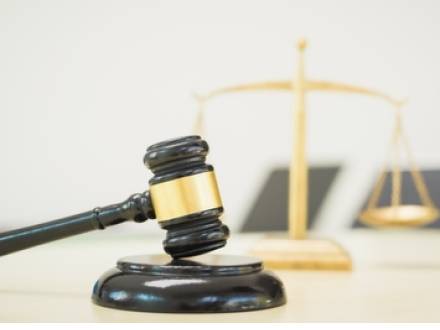 If you have been charged with statutory rape, you need to speak with an experienced Fort Lauderdale, FL statutory rape defense lawyer immediately. Consent is not a viable defense, and you could face severe penalties, including up to life in prison, depending on the circumstances of the case. Your attorney will ensure that your rights are protected and help you build a strong defense.
If you have been charged with statutory rape, you need to speak with an experienced Fort Lauderdale, FL statutory rape defense lawyer immediately. Consent is not a viable defense, and you could face severe penalties, including up to life in prison, depending on the circumstances of the case. Your attorney will ensure that your rights are protected and help you build a strong defense.
What Does Statutory Rape Mean Under Florida Law?
Florida Statutes § 794.05 refers to statutory rape as "unlawful sexual activity with certain minors." It involves engaging in sexual activity with someone who is younger than 18, the legal age of consent. According to this law, sexual activity with a minor under 16 is unlawful regardless of the offender’s age. With a minor who is 16 or 17, it is unlawful if the offender is 24 years of age or older.
What Happens if I Am Arrested for Weapons Trafficking in Florida?
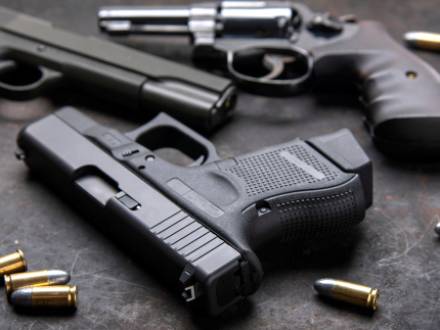 Illegally selling, transferring, or having in your possession guns or other weapons could be considered weapons trafficking in Florida and is serious business. Law enforcement agencies at the state and federal levels aggressively prosecute gun trafficking offenses, and convictions often carry long prison terms and permanent criminal records.
Illegally selling, transferring, or having in your possession guns or other weapons could be considered weapons trafficking in Florida and is serious business. Law enforcement agencies at the state and federal levels aggressively prosecute gun trafficking offenses, and convictions often carry long prison terms and permanent criminal records.
If you have been arrested, your first step should be to contact an experienced Miami, FL weapons trafficking defense attorney who understands Florida’s weapons laws and federal firearm regulations – and who is not afraid to fight aggressively for your freedom.
Understanding Your Rights if Arrested for Weapons Trafficking in Florida
Prosecutors charge people with gun crimes when someone is accused of illegally selling, delivering, or transporting firearms. This includes unlicensed gun sales, moving guns across state lines without authorization, and the movement of large quantities of firearms. Arrests often happen after undercover operations, informant tips, and federal investigations.
Temporary vs. Final Protective Injunctions in Florida
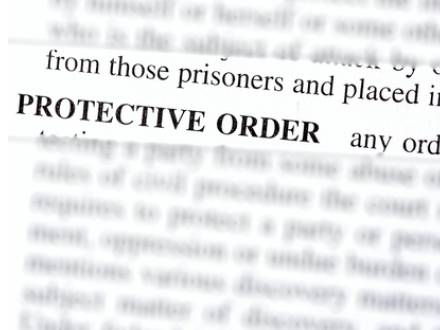 Domestic violence in Florida is legally defined as an assault, battery, sexual assault, stalking, kidnapping, or any other criminal offense that results in the injury or death of a family or household member by another family or household member. A dating relationship that has happened within the last six months in also this category under Florida statute.
Domestic violence in Florida is legally defined as an assault, battery, sexual assault, stalking, kidnapping, or any other criminal offense that results in the injury or death of a family or household member by another family or household member. A dating relationship that has happened within the last six months in also this category under Florida statute.
Court-ordered protection may be sought by those who claim they are victims of domestic violence. This protection comes in the form of a protective injunction, sometimes known as a restraining order. While the two terms may be used interchangeably, legally, Florida has only protective injunctions. If you have had a protective injunction taken out against you, whether warranted or not, speaking to an experienced Fort Lauderdale, FL criminal defense lawyer can be extremely beneficial.
What Happens if a Florida Driver Is Arrested for DUI Out of State?
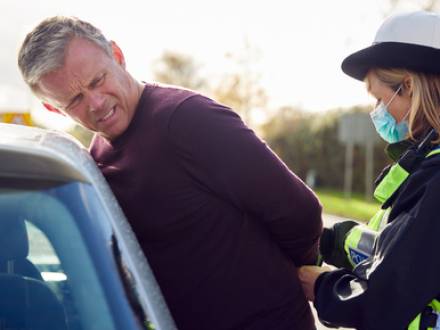 Getting arrested for a DUI in Florida while you are far from home is scary in the moment and complicated in the aftermath. For out-of-state drivers, it often means you will face consequences in Florida and your home state.
Getting arrested for a DUI in Florida while you are far from home is scary in the moment and complicated in the aftermath. For out-of-state drivers, it often means you will face consequences in Florida and your home state.
Your best chance at fighting the charges against you is to hire an experienced Miami DUI defense attorney. These cases require a thorough understanding of Florida DUI laws and how they apply to non-residents of the state. When the stakes are high and the repercussions of a conviction are long-term, you need aggressive representation.
What Are the Penalties for Non-Residents Arrested for DUI in Florida?
Florida is part of the Interstate Driver’s Licence Compact (IDLC), which allows states to share information regarding DUI convictions and penalties, specifically license suspensions. Therefore, when a non-resident is arrested for a DUI in Florida, the potential for facing penalties in two states is high. While you may hold a license from another state, Florida law will govern your case, and your home state could take legal action against you afterward.
Can Illegal Search and Seizure Impact a Drug Trafficking Case?
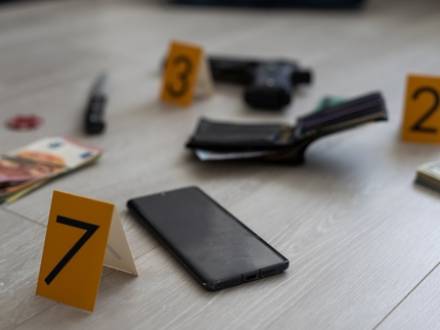 Facing a drug trafficking charge in Florida can be intimidating. With your attorney, you have to challenge the evidence presented against you, and if any of that evidence was obtained during an unlawful search and seizure, your ability to fight the charge is considerably better. An experienced Broward County, FL drug trafficking attorney will investigate the details of your arrest and the charges against you to help you build a strong strategy and protect your constitutional rights.
Facing a drug trafficking charge in Florida can be intimidating. With your attorney, you have to challenge the evidence presented against you, and if any of that evidence was obtained during an unlawful search and seizure, your ability to fight the charge is considerably better. An experienced Broward County, FL drug trafficking attorney will investigate the details of your arrest and the charges against you to help you build a strong strategy and protect your constitutional rights.
What Does Illegal Search and Seizure Mean?
An illegal search and seizure occurs when the police conduct a search or collect evidence without adhering to legal protocol. The Fourth Amendment protects you from unlawful searches and seizures, requiring police to have probable cause and, in most cases, a warrant to search your person or your property.
















